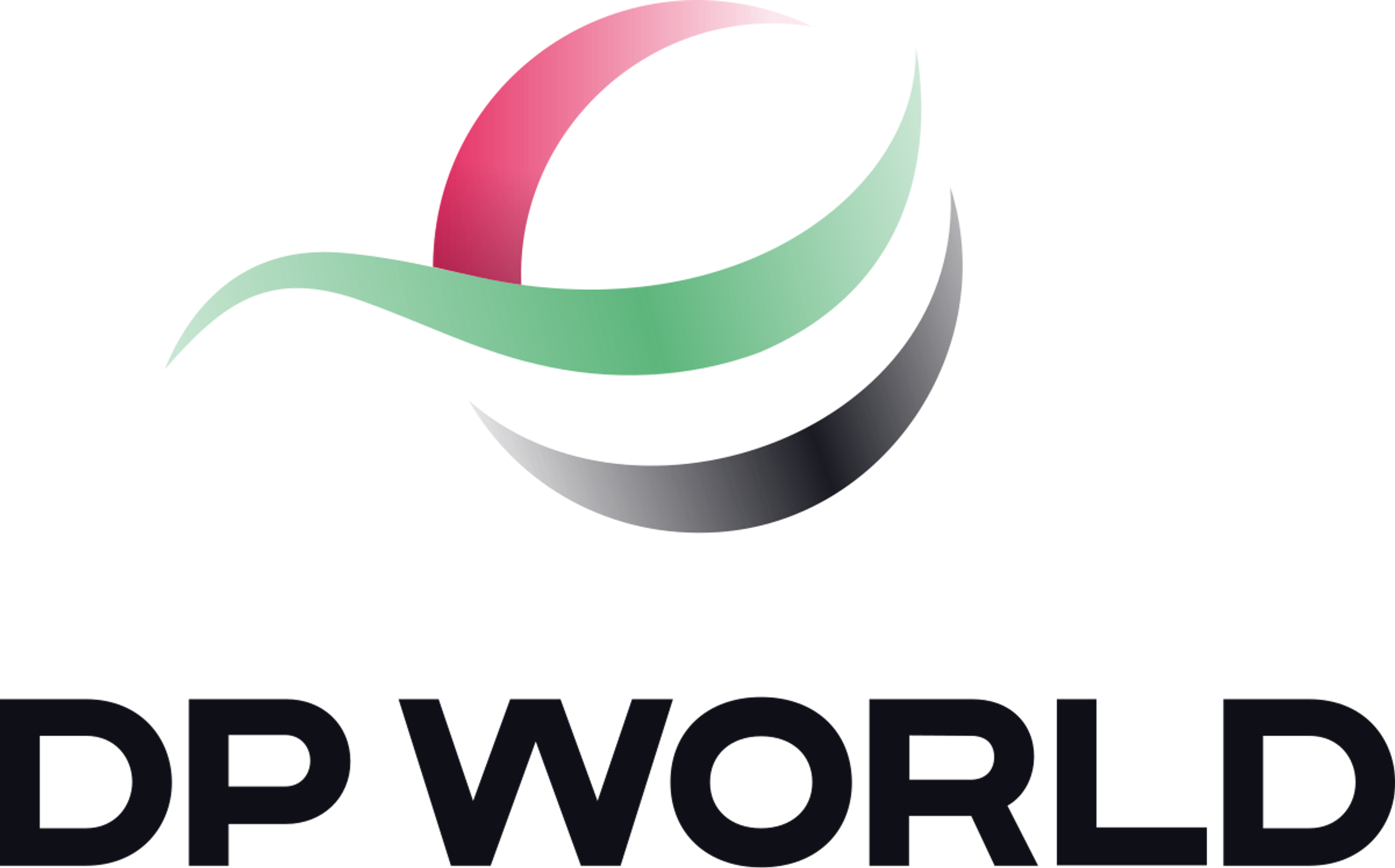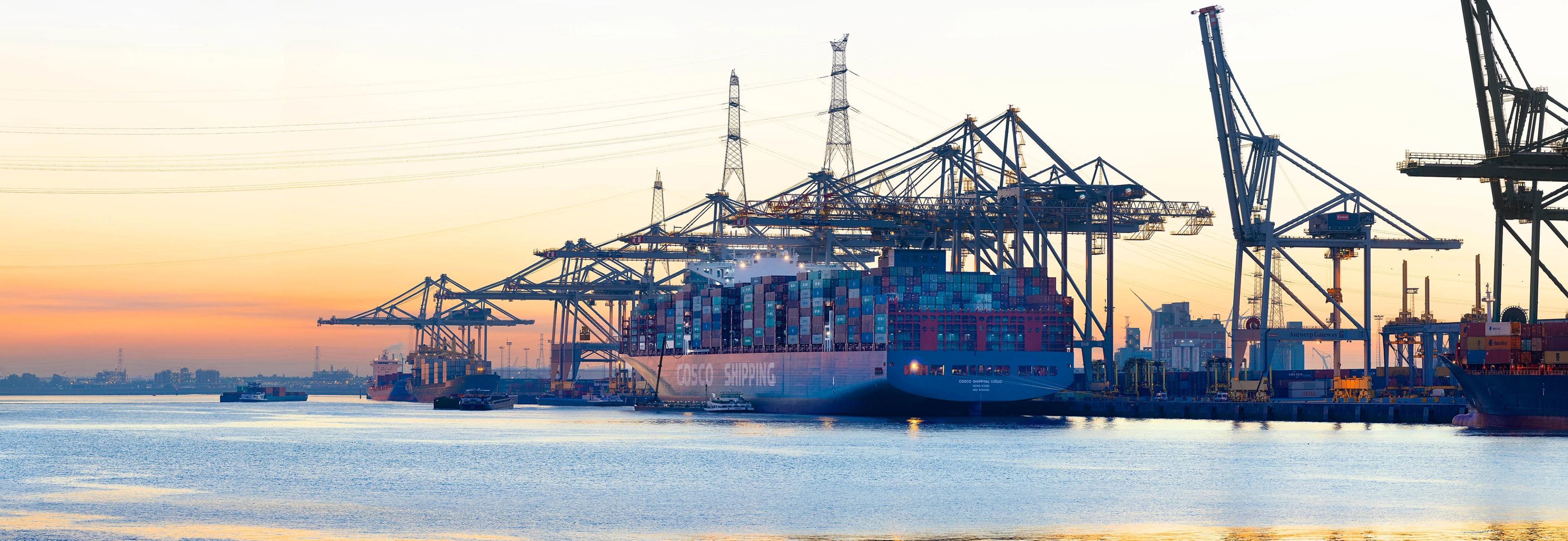
How DP World built a finance-aligned path to climate leadership with Watershed
The global logistics leader is building a data-first, cost-effective path to compliance and long-term impact


The global logistics leader is building a data-first, cost-effective path to compliance and long-term impact

DP World is a global logistics leader. With operations in over 75 countries, the company runs more than 90 ports and terminals, manages end-to-end supply chains, and develops industrial parks and free zones. It’s a key player in global trade—and a case study in sustainability at scale.
Challenge
The stage on which DP World operates in Europe brings complexity, requiring its sustainability team to work across dozens of legal entities, internal systems, cultural contexts, and regulatory requirements. Many regions operate at different levels of sustainability maturity, and much of the company’s emissions data collection has historically been managed by the health, safety, and environment team.
That team used an internal tool to gather data that was useful for operations but not built for sophisticated analytics. As a result, the organisation lacked insight into key areas like scope 3 and supply chain emissions, or regional differences in footprint.
At the same time, regulators were increasing their demands: “We never used to have national-level sustainability requirements,” says Nicholas Mazzei, DP World’s Vice President, Sustainability Europe. “Now we have more local accountability to deliver and more stakeholders and customers requesting increasingly granular sustainability data from us.” Customers also began asking for more details in disclosures, and internal teams needed easier access to data. With the number of RFQs requesting sustainability data increasing, so was the burden on the central team—it was time to modernise.
“For me it was very important that we take control of our own reporting to understand the impact we're having as a business and be able to show that information to not just our stakeholders and regulators, but our customers, too.”
Nicholas Mazzei,
VP, Sustainability Europe
Solution
DP World approached climate strategy with the same long-term mindset that guides its business decisions. For the company, sustainability only works if it’s integrated with financial and operational planning.
“We have to align sustainability decisions with business decisions as much as possible. Stakeholders—from clients to regulators—want to know where a company stands, and it’s important to have a way to keep score. But reporting must stay focused on the most important KPIs and avoid unnecessary complexity.”
John Woollacott,
CFO, Europe
From the outset, Mazzei worked to bring finance into the process—not just for CSRD (Corporate Sustainability Reporting Directive) compliance, but for broader risk mitigation and business resilience.
“You’ve got to talk in the language of finance in order for sustainability to be successful,” he explains. “Investing in CSRD readiness isn’t just about ticking a regulatory box—it’s a way to proactively manage financial risk and avoid expensive firefighting later.”
DP World needed a platform that could consolidate emissions data from across its global operations, produce audit-ready disclosures, and deliver self-serve insights for customers and internal teams.
Watershed stood out by offering immediate time-to-value. Unlike traditional consulting solutions, Watershed didn’t require upfront integrations or partner onboarding. “What we liked about Watershed was that we didn’t need to integrate first—we could roll out the web platform and integrate further down the line if we wanted to,” explains Mazzei.
This flexibility helped DP World avoid costly consulting spend—and get started right away. DP World Europe is now fully operational on Watershed.
“Watershed’s model allowed us to ensure they were the right partner and to save hundreds of thousands on consultant or contractor fees.”
Nicholas Mazzei,
VP, Sustainability Europe
Results
Since adopting Watershed, DP World has dramatically improved how it gathers, interprets, and develops strategy with its emissions data. With automated data collection and built-in analytics, the team can now drill down into regions, sites, and categories—surfacing insights on performance leaders and laggards alike. This granularity is especially critical for understanding scope 3 emissions and regional trends.
It will make the company more responsive. With centralised, self-serve access to data, internal teams will be able to respond more quickly to RFQs and regulatory requests, without depending on the sustainability team.
Watershed has helped DP World take a proactive approach to CSRD preparation, laying the foundation for disclosures well before they’re legally required.
“Regardless of whether a disclosure is a legal requirement, understanding our data helps us understand our business better.” - Nicholas Mazzei, VP of Sustainability
That proactive mindset is reinforced by finance’s early buy-in. “It’s an upfront investment to avoid having to spend exorbitant amounts to rush the work when it becomes law,” says Mazzei.
By 2030, DP World aims for half of its products to be classified as “more sustainable.” The company also sees sustainability as a value-add service for customers—offering emissions transparency and advisory support across the supply chain.
With real-time, granular emissions data from Watershed, DP World can collaborate with clients to co-design low-carbon shipping routes or optimise energy use in warehouses.
“We want to help our customers design their supply chains to be more sustainable from the beginning by providing them with transparency into the work we’re doing, and Watershed helps us do that,” says Mazzei. With Watershed, DP World isn’t just meeting climate expectations—it’s shaping the future of sustainable logistics.